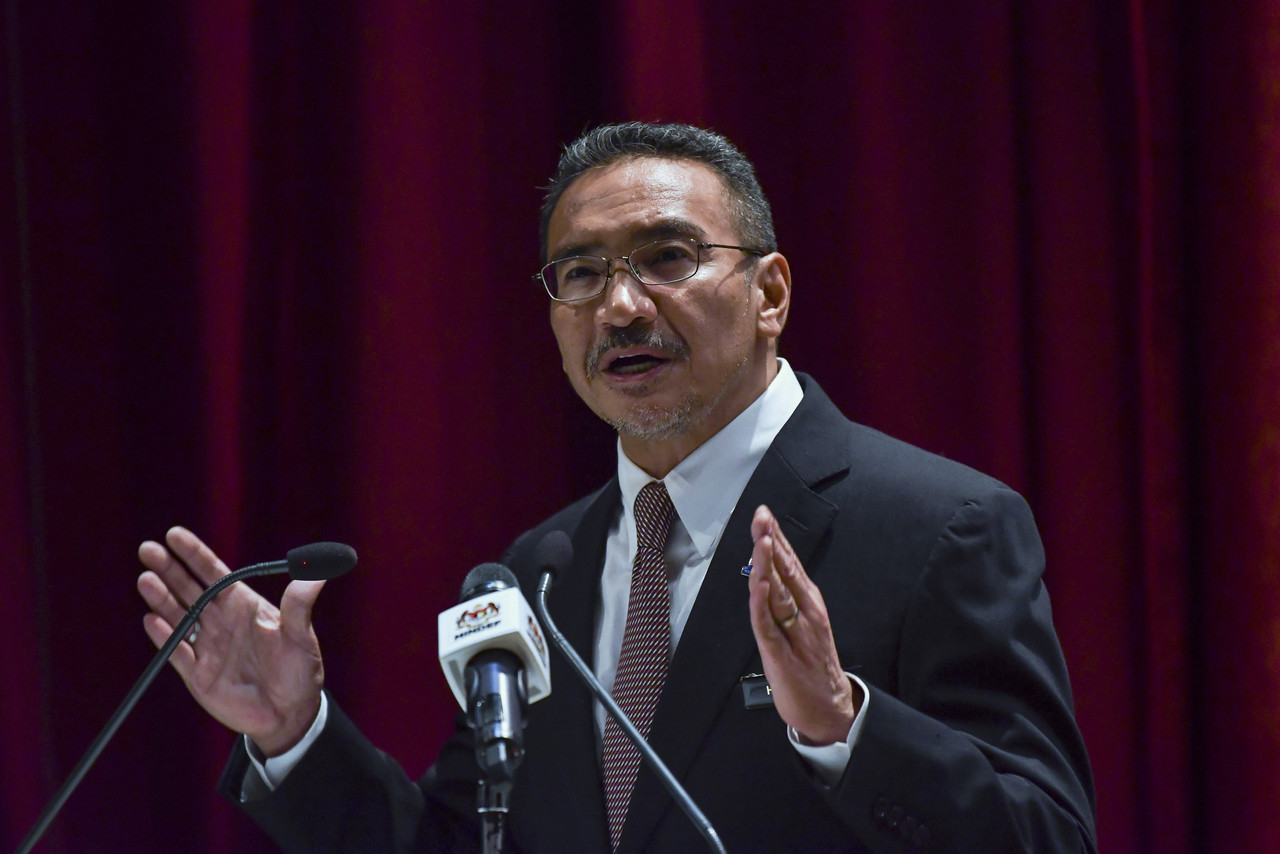KUALA LUMPUR, June 24 (NNN-Bernama) — Malaysia hopes to see a shift in thinking on total emissions and on how to incentivise low-carbon practices in fuelling global green growth in the post COVID-19 world, said Foreign Minister Hishammuddin Hussein.
Speaking at the Asia and Pacific High-level Conference on Belt and Road Cooperation held online on Wednesday, he said in this regard, it is important for the partner countries to reshape the way they finance their recovery from COVID-19.
“A focus on the COVID-19 pandemic does not mean we should let the ball drop on other fronts.
“Now, we must turn a fresh and keen eye to green energy, infrastructure and financing to ensure our economic recovery is sustainable, ahead of the Conference of Parties (COP26) in Glasgow, Scotland, this November,” he said in speech text made available to the media.
Hishammuddin said this is where Malaysia is ready and willing to share its expertise in Islamic finance, which it believes will play an increasingly important role in fuelling global green growth, and also infrastructure development.
He pointed out that in 2017, Malaysia was the first country in the world to launch a new climate finance instrument, an Islamic bond called green sukuk, which the proceeds have been used to fund environmentally sustainable infrastructure projects.
“More recently in April, Malaysia successfully raised US$1.3 billion through the world’s first sovereign US Dollar Sustainability Sukuk.
“Investor confidence towards this instrument was so overwhelming that it was oversubscribed by 6.4 times,” he said.
Hishammuddin said Kuala Lumpur is home to the Islamic Financial Services Board (ISFB), which is the international standard-setting organisation for this emerging sector.
On COVID-19, he called for an enhanced cooperation from the Belt and Road Initiative (BRI) partner countries to ensure that all nations have sufficient vaccines.
“While wealthy nations in the Global North have the privilege of stocking up on vaccines many times their population numbers, countries in the Global South are struggling. As we know, we are only safe when all of us are safe,” he said.
— NNN-BERNAMA




